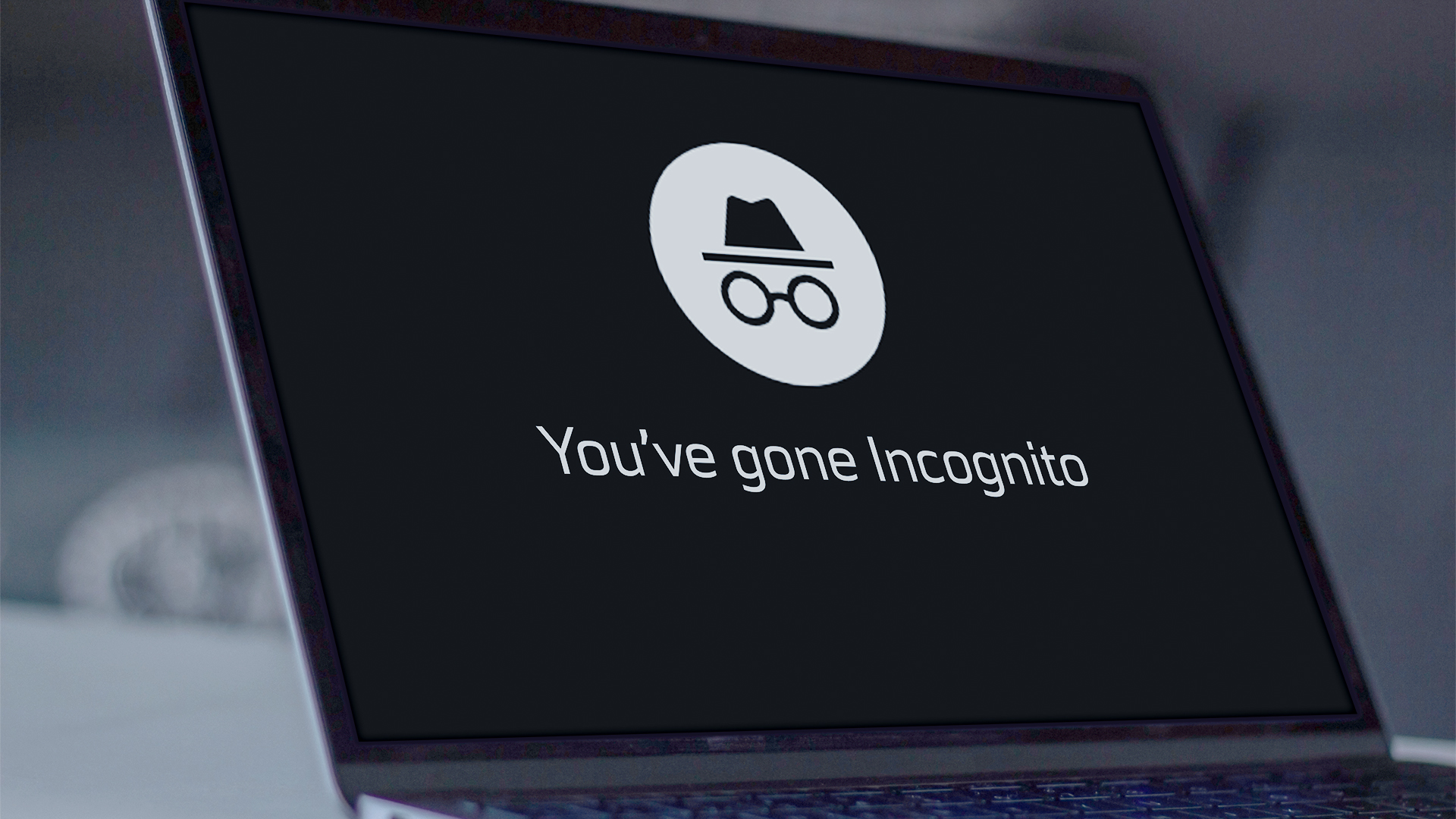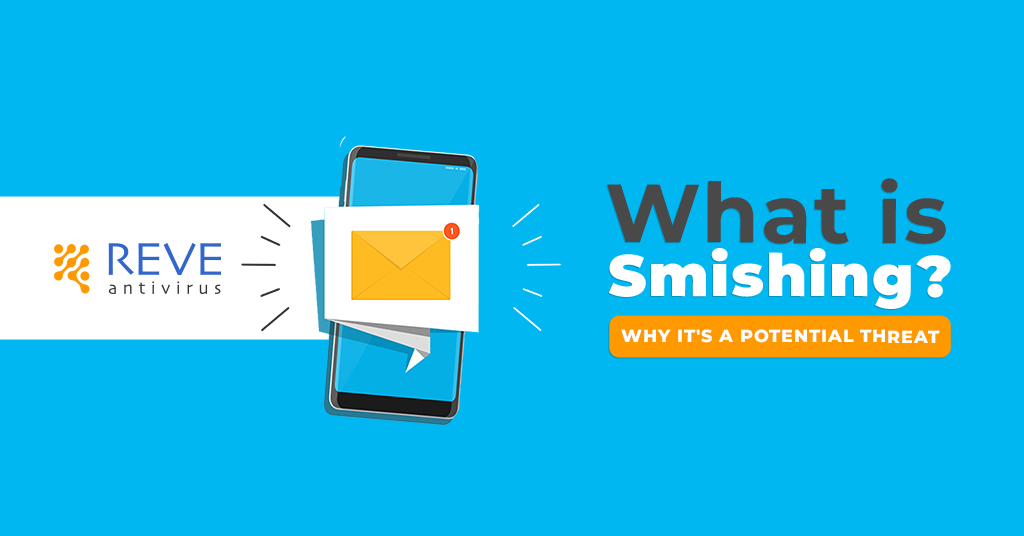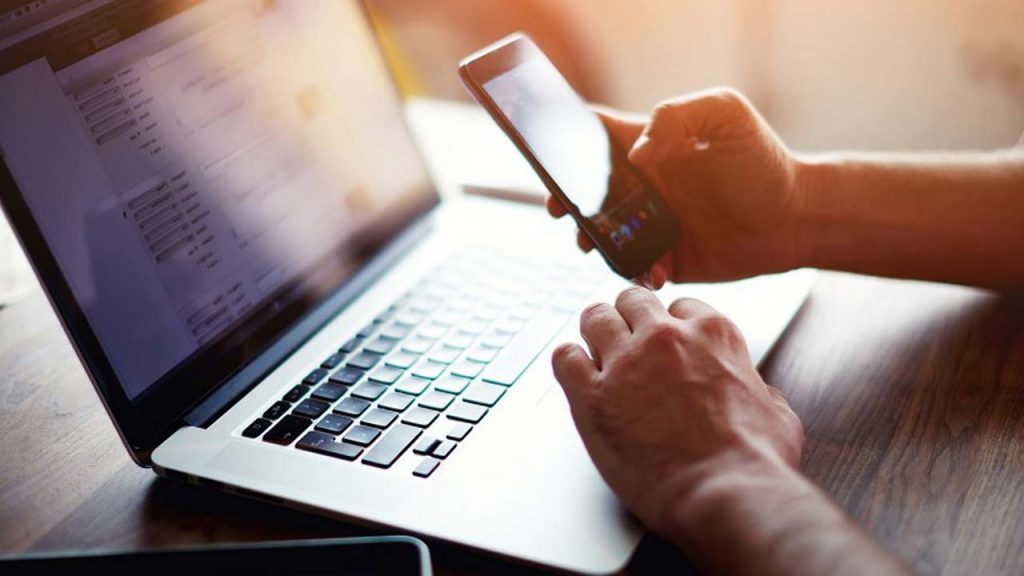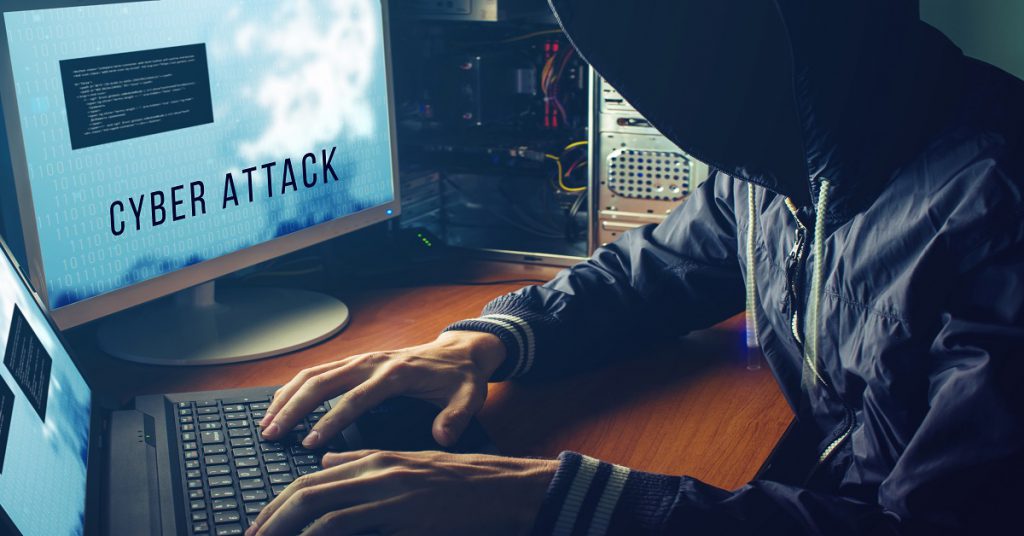07
Sep, 2022
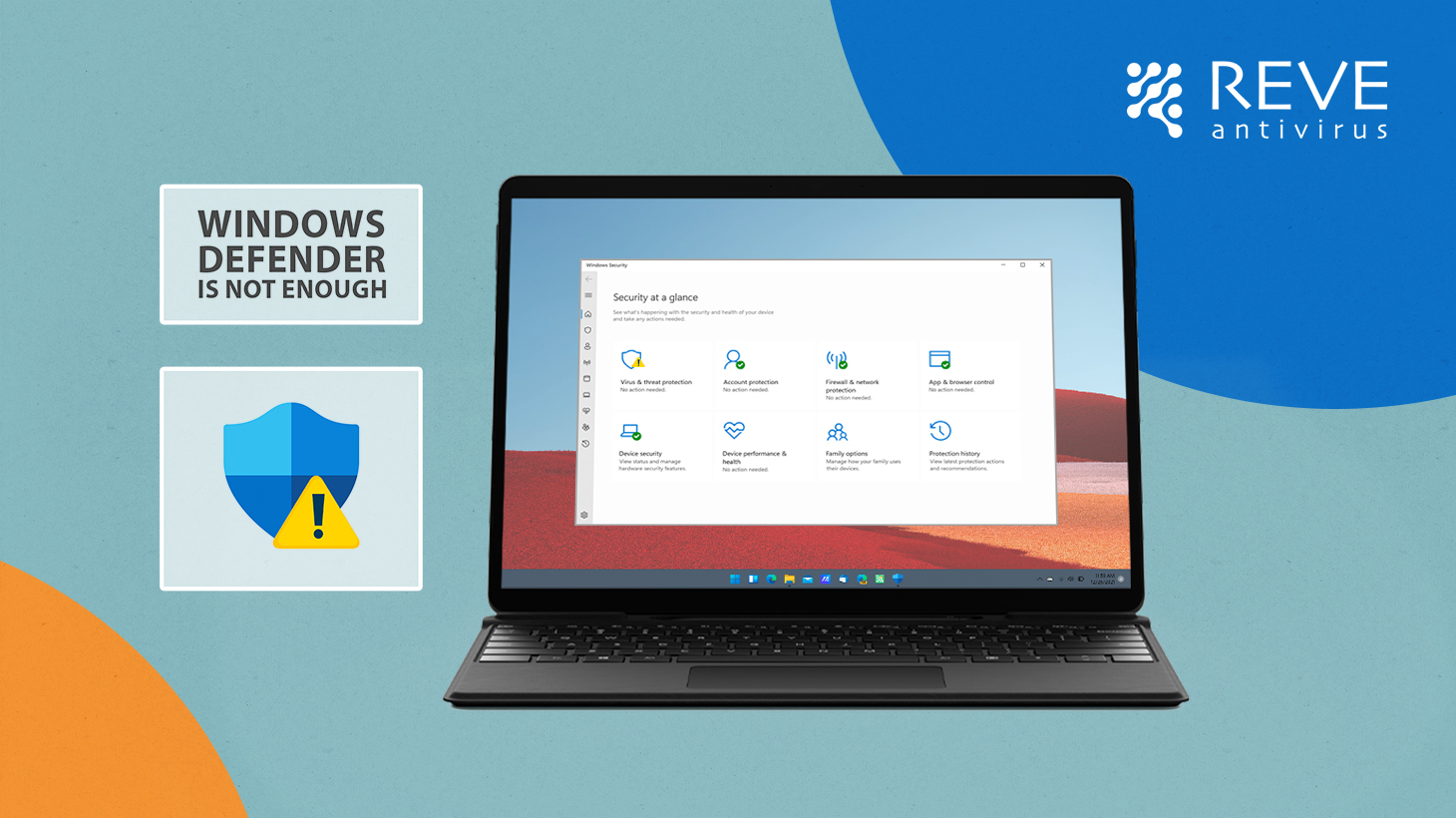
If you’re a user of the world famous operating system, Windows, congratulations, you’re using the most used computer operating system worldwide. As the provider of the most used OS worldwide, Microsoft also provides regular updates to their product. All the genuine users of Windows 10 started getting Windows 11 updates […]
22
Jun, 2022

Endpoint security and Antivirus, two terms are from the same industry and have many fundamental things in common in between them. However, these two similar yet technically different software are often confusing to a lot of decision-makers, let alone the mass. Differentiating and choosing the right fit for your need […]
RECENT BLOGS
- RaaS : The Dark Side of SaaS
- Hackers Target MOVEit Transfer’s Zero-Day Vulnerability, Emergency Patch Deployed
- How Scammers Are Utilizing ChatGPT? Few Tips To Be Safe
- World Backup Day: Why Data Backups are Important in Cybersecurity
- What is Social Engineering and How Cyber Criminals Use It
- Things To Know About Personally Identifiable Information (PII)
- What is Data Breach? Why and How It occurs? How To Prevent Data Breach

